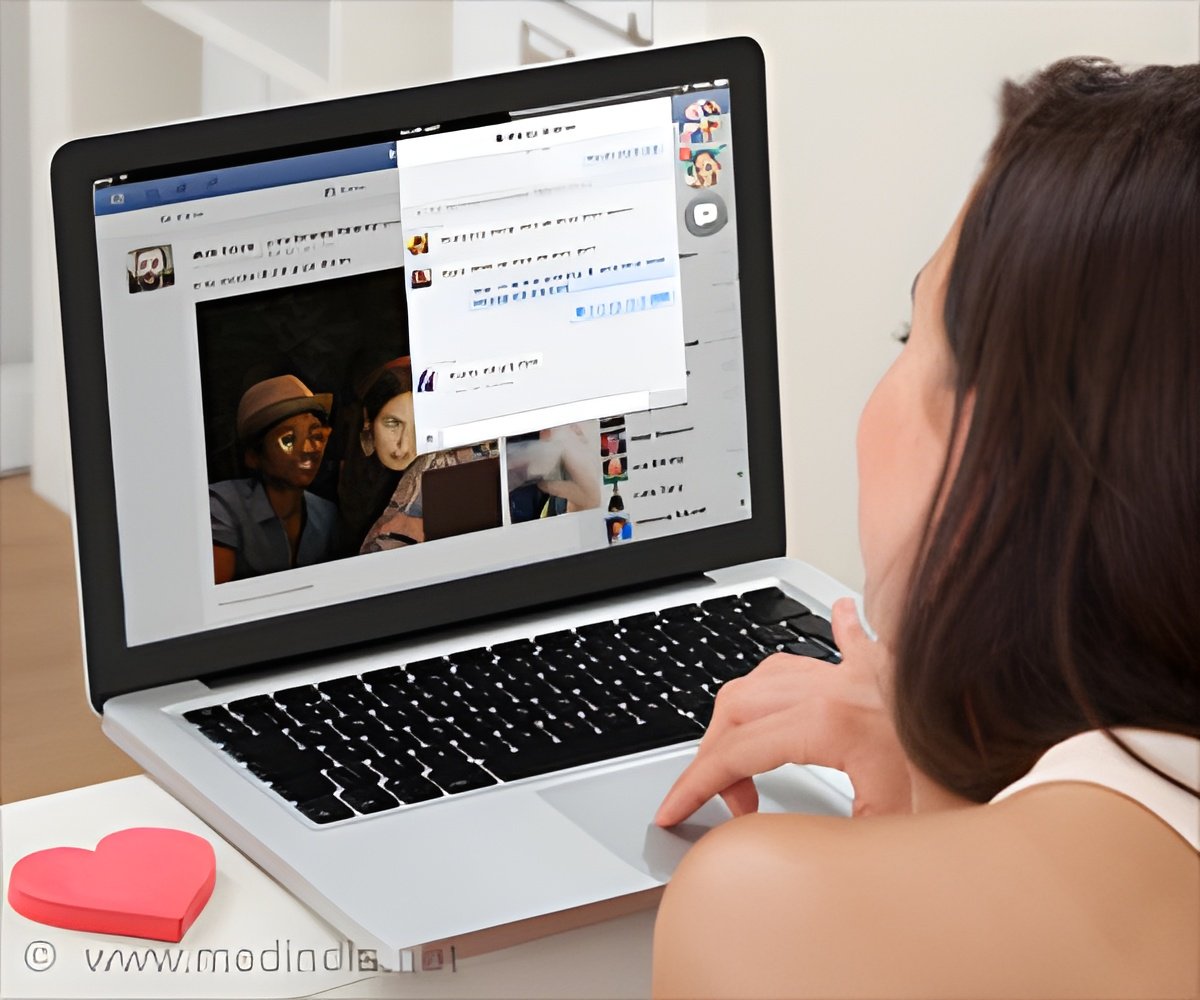How does social media help with behavior? Individuals displaying more interactive styles of social media usage had stronger feelings of social connectedness and social capital.

‘People who are more interactive on social media have stronger feelings of social connectedness and social capital compared to those who show other behavior.’





What Social Media Usage is Teaching About Social Connection
Despite the wealth of research into the psychological impact of social networking site (SNS) usage, inconsistent findings have prevented any firm conclusions from being drawn. While some studies have concluded that social media usage is associated with increased social connectedness and reduced loneliness, others report detriments to loneliness and well-being with greater use of such platforms.In the new work, the researchers developed a computerized task to measure styles of usage on a mock SNS platform. They administered the SNS Behavior Task (SNSBT) online to 526 individuals, who also completed questionnaires on their levels of loneliness, sense of belonging, social connectedness, and online social capital, and answered questions about their Facebook usage and friend network.
The SNSBT grouped users into three discrete groups depending on how often they clicked “Next,” “Like,” or “Share” on 90 images presented to them on the mock SNS. On average, passive users, about 39% of those in the study, clicked “Next” most often, on 85% of images. Reactive users, 35.4% of the study, most often clicked either “Next,” 59% of the time, or “Like,” 36% of the time. Interactive users, 25.7% of participants, mostly clicked “Like,” 51% of the time, or “Share” 20% of the time.
Stay Socially Connected with Social media
Analysis of the data revealed that interactive users had, on average, more Facebook friends, spent more time on Facebook, and reported greater feelings of social connectedness and social capital than passive or reactive SNS users.However, this study could not determine if any causative or directional link between these factors exists, and more work is needed to understand the effects of potential confounding factors on these relationships.
Advertisement
Advertisement










